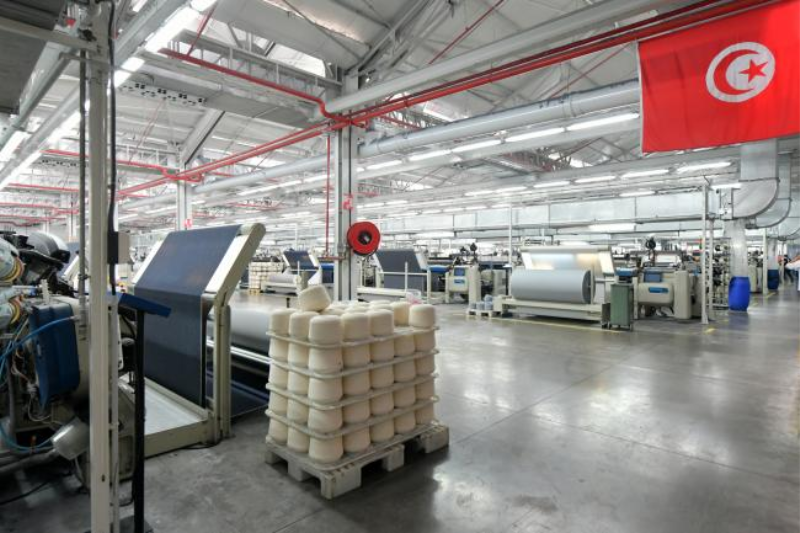Some fifteen “barbéchas” — informal collectors — are taking part in the “Kerkennah Plastic Free” programme, supported by the European Union, to recycle the 7,000 tonnes of plastic waste that litter the Kerkennah Islands every year. The “barbéchas”, better equipped thanks to the “Kerkennah Plastic Free” project, take their daily harvest to a sorter who passes it on to a collection company and then to a shredder. A partnership has been formed with Seaqual, an international consortium of companies and NGOs, which buys this marine plastic “at a remunerative and stable price all year round”, explains Mr Pélissier. – Made in Tunisia” – Working for Seaqual is a new outlet for Omar Kcharem, owner of Kerkennah Plast, because marine plastic “has little value and doesn’t make any money”.
Keep reading
The granules from the shredding are transformed into nylon fibre by Seaqual in Portugal, in one of only four plants in the world equipped with this technology. “Four or five years ago, we couldn’t recycle marine plastic, which is kept in salt water and exposed to the sun”, notes Mr Pélissier, pointing out that Seaqual uses 10% marine plastic in the composition of its polyester yarn, with the aim of greatly increasing this proportion. A huge machine weaves denim from Seaqual yarn in an infernal din at the ultra-modern Sitex plant in Ksar Hellal. Anis Montacer, founder of the fabric and clothing brand

